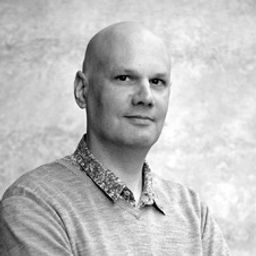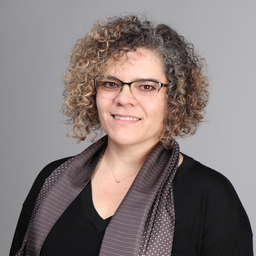Le risque d’habiter comme opportunité de collaboration entre des écoles d’architecture et des municipalités. Retours d’expériences Québec, France et Mexique
My Session Status
To start the discussion, we shall look back at 3 innovative teaching experiences that take place before or after a disaster: a real case in Canada (Lac-Mégantic), another in France (Martigues Fos-Sur-Mer) and a particular case in Mexico (Mexico). Those cross-references allow us to build knowledge from the production, design, and the receip of architectural and urban projects. This is the opportunity to share the conclusions of an international architectural practice comparison.
We think that the concept of resilience challenges the role of the architect and also architecture itself. It questions their practices and even their principles.
I- As an art and technical field, architecture is revisited and shows to be relevant in post-disaster situations or risk situations since it tends to respond to environmental issues. How these different teaching cases bring to light opportunities to design our cities, whether they would be in a pre or post-disaster situation?
II- Designing spaces practices and constructive cultures are quite different between the two sides of the Atlantic. Nevertheless, they complement each other as they aim to find new practices for architects of tomorrow. By mixing multi-stakeholders’ practices, how can we eventually act together?
Therefore, this participatory studio is part of the theme “Acting” as it focuses on how to implement resilience and rebuilt our living environment. The several productive actions are as many alternatives and opportunities to design resilient cities. As we reunite multiple stakeholders, this studio will give an overview of their contribution and finally redefine resilience.
- The representatives of our regular public collaborators of Lac-Megantic (Québec, rail disaster in 2013) and Martigues (France, high industrial risks) will expose their first motivations and their mid-term goals to integrate the results of this collaboration in each territory, even with COVID-19 issues.
- As for the studying field “architecture and green constructive transitions” of the Ecole nationale supérieure d’architecture de Lyon, we should ask: why pre or post-disaster situations become innovative teaching environment for climate issues? How teaching methods aim to satisfy both students and teachers expectations through one’s situation? How can a teacher deal with opposing goals and still manage to build a balanced partnership with stakeholders?
- A former student of this studying field will give a feedback on her final study project. What did she learn from this tripartite project while dealing with notions of risks for architectural design? How does it influence the choices she made when entering the workplace two years ago?
- The Iberico-American University of Mexico will share what did the architecture department learn from the terrible earthquake of September 19th, 2017? Answering this question will take the discussion back to many points: the spontaneous call to act emerging from the students facing the urge, the institutions which guided them, the rising questions of eventually embracing resilience designs into the studying programs and teaching methods.



